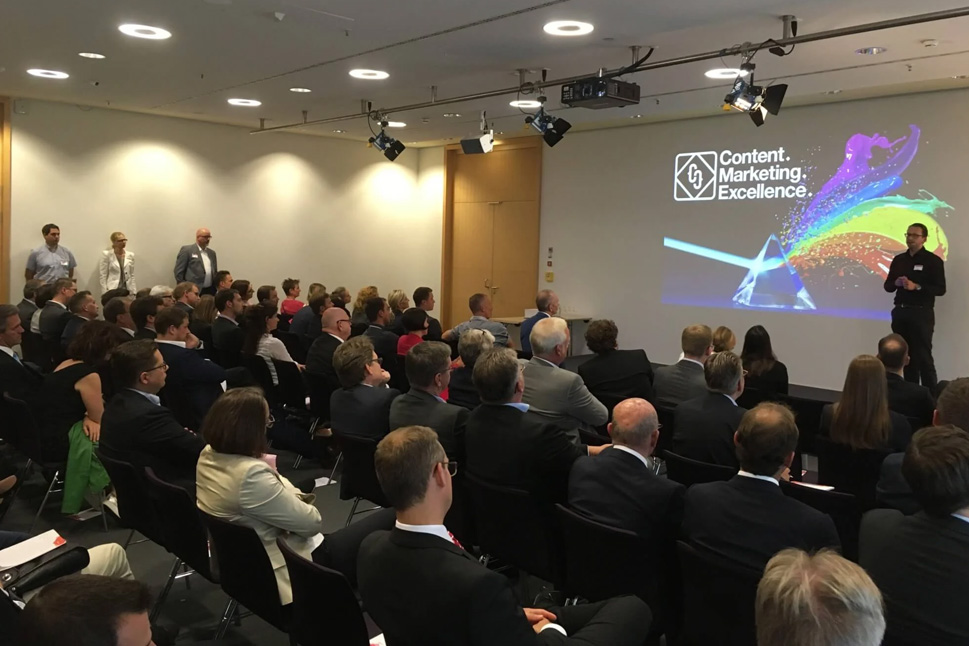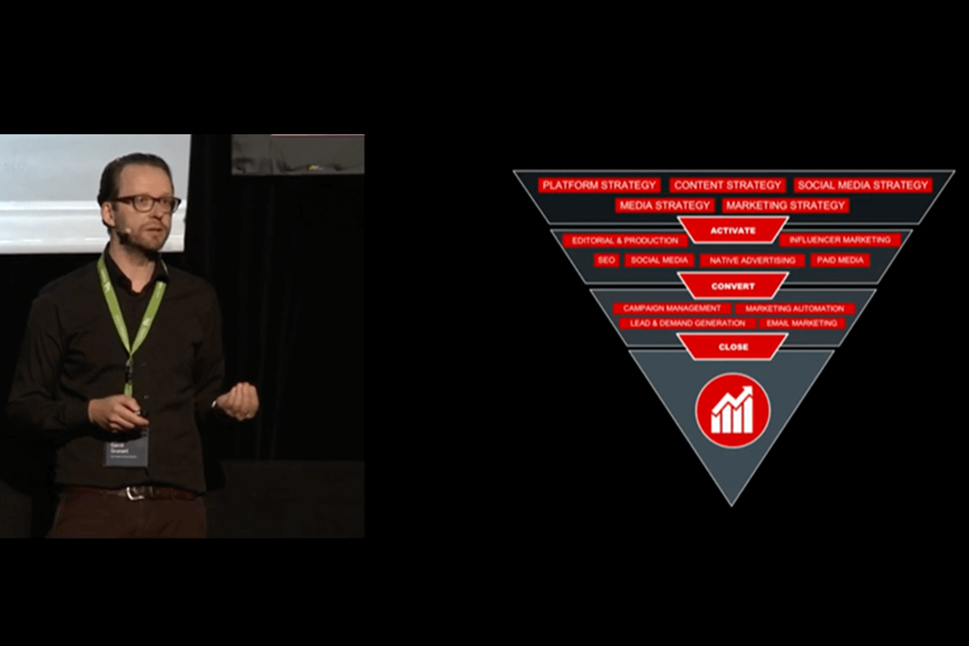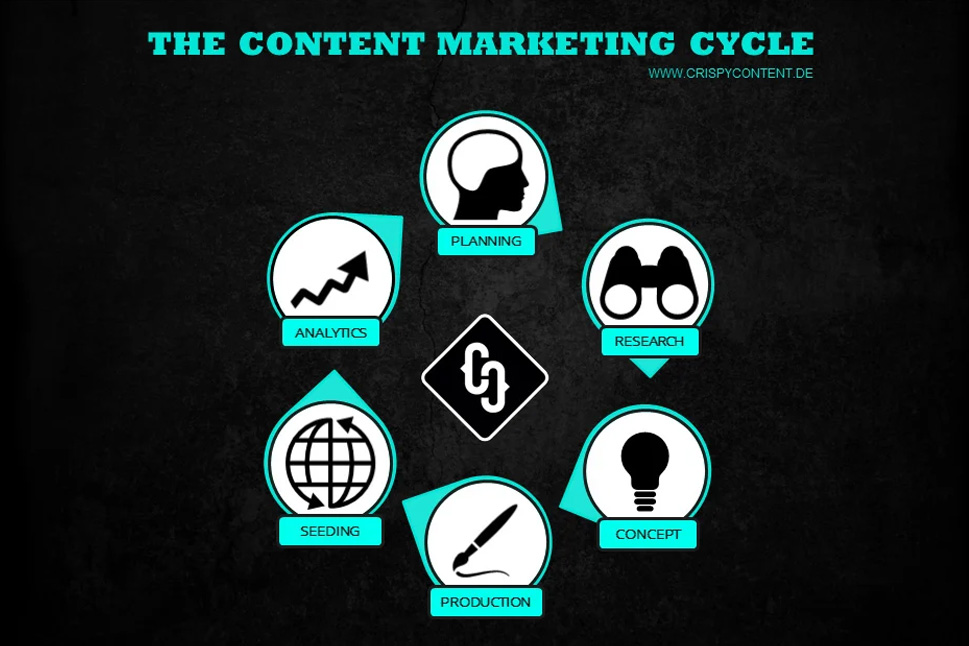Digital Trust: Standing Out from Generic Content with Quality
Last updated on August 14, 2025 at 08:30 AM.The digital landscape is evolving at breakneck speed, but not every development is met with enthusiasm. Today’s users are more discerning than ever before they engage with online content. This growing caution is primarily driven by mistrust toward digital offerings, fueled by generative AI, deepfakes, and increasing scams. The result: a “digital hesitation reflex” has taken hold—interactions are no longer taken for granted but are critically scrutinized. In this environment, questions of credibility and reliability take center stage. While digitalization has unlocked new opportunities for communication and marketing, it has also introduced a sense of uncertainty. Companies engaging with key target audiences must now pay closer attention than ever to how their digital content is perceived.
-1.jpg?width=969&height=646&name=crispycontent_A_computer_monitor_displays_holographic_AI_with_a_81aa09e6-78ba-4160-bb4c-baf72d5eaf3c%20(1)-1.jpg)
The Challenge: Content Quality versus Growing Mistrust
As generative AI proliferates, the volume of content is growing exponentially. At the same time, a new category of content has emerged: so-called “slop”—mass-produced, often AI-generated content that feels impersonal or dubious in nature. Such content undermines trust and makes it increasingly difficult for brands to stand out with authentic communication.
Skepticism has reached such heights that, according to Accenture Life Trends 2025, 62% of users now view trust as the most important prerequisite for engaging with brands. 90% want clear labeling when content has been created with AI. The consequences are clear: declining conversions, higher bounce rates, and reduced engagement are direct results of rising mistrust.
Cross-Industry Impact of the Trust Crisis
Trust is a critical issue across industries. The 2025 THALES Digital Trust Index reveals that in no sector do more than 50% of users consider digital offerings trustworthy. Highly regulated sectors—such as insurance, banking, and public authorities—are especially affected, ironically where high standards for data protection and security are expected.
In this climate, traditional digital marketing strategies are losing effectiveness. Even SEO efforts are less impactful when users distrust the content. Expectations for transparency, traceability, and authenticity continue to rise.
Loss of Trust Disrupts Day-to-Day Marketing
The trust crisis is having a direct impact on daily marketing operations. Brands seeking visibility, reach, and leads must confront target audiences’ skepticism head-on. Merely publishing informative or SEO-optimized content is no longer enough—users now expect proof of authenticity, traceable processes, and open communication.
PwC's Trust in US Business Survey shows: While 90% of executives are convinced that their company is perceived as trustworthy, only 30% of customers agree. This stark disconnect signals the limitations of traditional marketing approaches. To maintain successful communication, companies need innovative strategies to regain the trust of their audiences.
Challenges in Leveraging AI and Ensuring Transparency
Integrating AI into content processes presents new challenges. Users are demanding not only transparency about AI usage, but also clear authorship and demonstrable added value. The risk of content being dismissed as generic “slop” is ever-present. Google Search’s “Helpful Content” system now prioritizes human-created, authentic content and penalizes mass-produced AI content.
Additionally, regulatory pressures and the need for comprehensive data protection and security are mounting. Forrester’s The State of Digital Trust study underscores that digital trustworthiness is fundamental to every customer relationship—and can no longer be considered a bonus.
Solutions: Building Credibility for Sustainable Impact
A future-proof content strategy relies on transparency, traceable processes, and clear communication about the origin and creation of content. Companies that make their authors visible, openly disclose AI usage, and adopt a dialog-driven, audience-focused tone lay the groundwork for lasting trust.
The High-Trust Content Checklist recommends:
- Visible authorship and clear accountability
- Transparency regarding AI-generated content and its application
- Value-driven content tailored to audience needs
- Consistency across all channels
- Documentation and verifiability of content quality
Innovation Through Authenticity and Technical Expertise
Innovation emerges where creativity, technical expertise, and industry knowledge intersect. Companies leveraging technologies like blockchain for content verification are investing in the future of their digital communications. Targeted use of AI for data-driven personalization—paired with transparent disclosure of methodologies—can also foster trust.
Building a transparent content governance model that documents all processes surrounding content creation, approval, and publication is recommended. This not only optimizes internal workflows but also enables credible external communication.
Case Study: Accenture’s Path Out of the Trust Trap
The Accenture Life Trends 2025 Report provides a practical example of addressing digital mistrust. Accenture observed a marked decline in user engagement due to increasing skepticism toward AI-generated content. Their response: implementing clear guidelines for AI disclosure, developing a quality seal for authentic content, and ensuring transparent communication regarding content sources.
Results:
- Increased user engagement through traceable content processes
- Establishment of a new level of trust through targeted transparency
- Reduced bounce rates and improved conversion rate
This case demonstrates that deliberately shaping content strategy around transparency and authenticity leads to measurable success.
Step-by-Step Implementation for Organizations of Any Size
The journey toward greater digital trust begins with a critical review of your current content strategy. It is advisable to first assess existing content for authenticity, traceability, and value orientation. Next, establish guidelines for AI usage and authorship disclosure.
Key initial actions:
- Implement a transparent content creation process
- Clearly label AI-generated content
- Train teams on the latest requirements for building digital trust
- Develop an editorial guide to ensure quality, transparency, and user-centricity
Expert Knowledge, Industry Focus, and Methodological Competence as Success Factors
Companies benefit from partners who combine creativity and analytical skills with deep industry insight. Establishing digital trustworthiness requires expertise in content strategy, digital communication, and trend analysis. Successful projects that make transparency and authenticity a priority demonstrate the potential for sustainable brand positioning.
Organizations that value clear methodologies, traceable processes, and open communication build the foundation for successfully navigating the challenges of the digital trust crisis.
Creative, smart and talkative. Analytical, tech-savvy and hands-on. These are the ingredients for a content marketer at Crispy Content® - whether he or she is a content strategist, content creator, SEO expert, performance marketer or topic expert. Our content marketers are "T-Shaped Marketers". They have a broad range of knowledge paired with in-depth knowledge and skills in a single area.
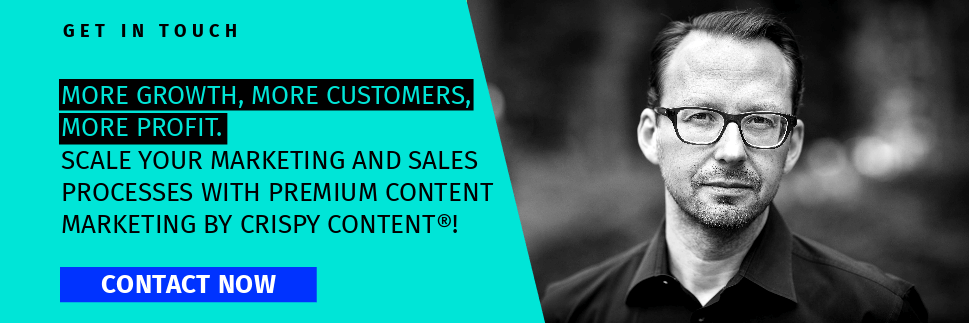













.png)











.jpg)

-1.jpg)

-1.jpg)
.jpg)



.jpg)













.jpg)







.jpg)



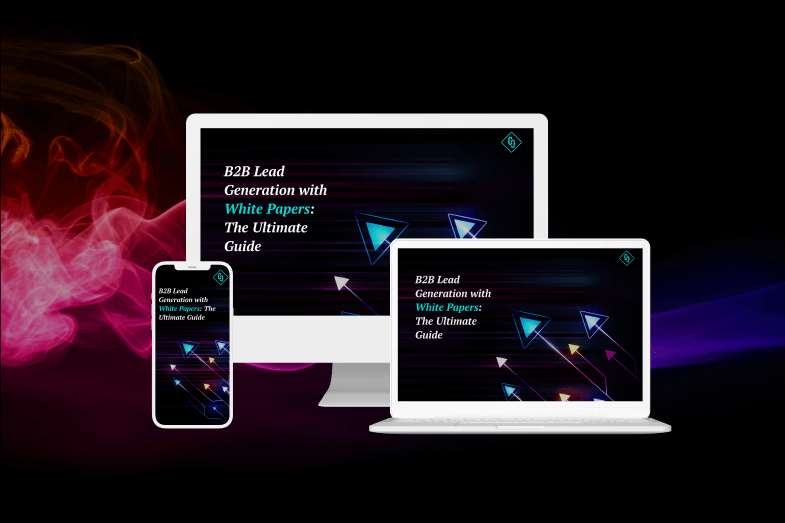

























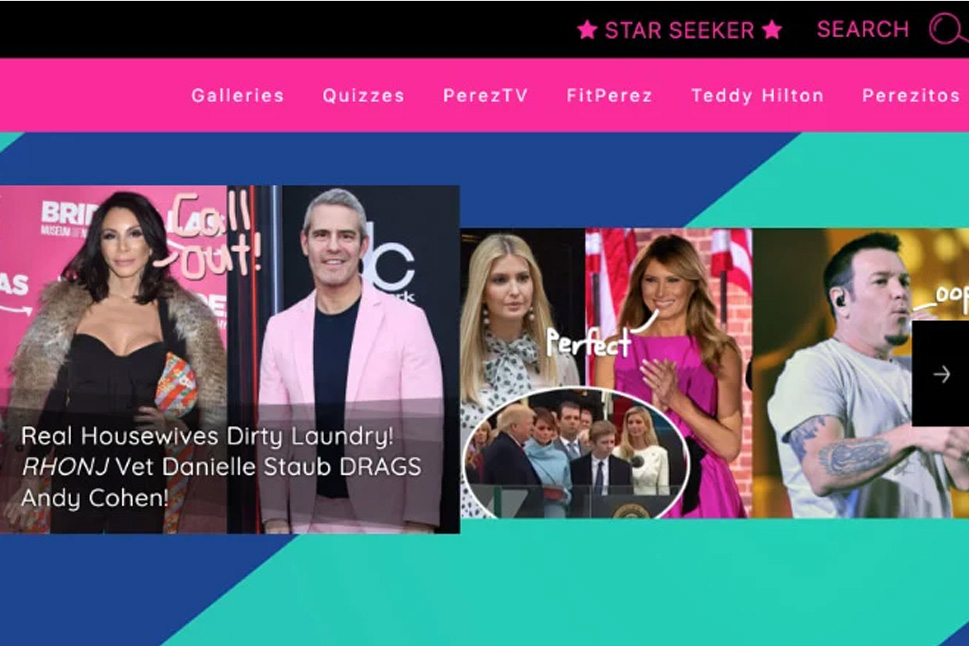



.jpg)
















